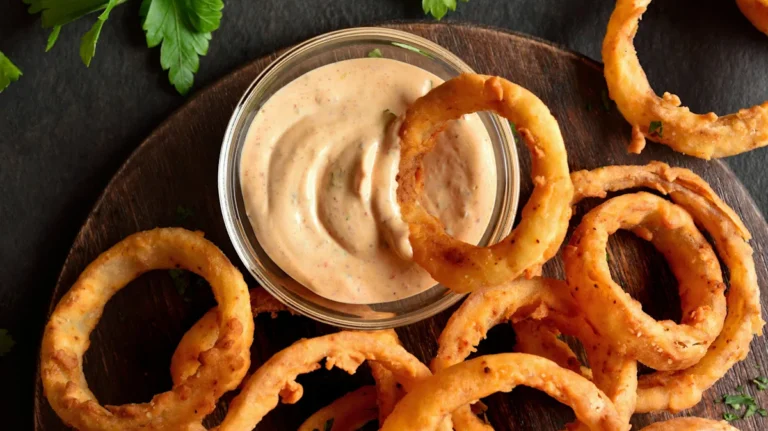Onions and Diabetes: A Nutritional Powerhouse for Blood Sugar Control
Managing diabetes requires a holistic approach that combines medication (if prescribed), physical activity, and dietary choices. Among the many vegetables discussed in the context of diabetes management, onions often spark curiosity. Can this humble kitchen staple help regulate blood sugar levels? In this comprehensive guide, we’ll dive deep into the connection between onions and diabetes, examine the nutritional benefits, explore how onions may impact blood sugar, and provide tips on incorporating them into a diabetic-friendly meal plan.
Understanding the Nutritional Profile of Onions
Onions, members of the Allium family (which also includes garlic, leeks, and shallots), are packed with essential nutrients. A medium-sized onion contains approximately:
- Calories: 44
- Carbohydrates: 10 grams
- Sugar: 4.5 grams (natural sugar)
- Fiber: 1.9 grams
- Protein: 1 gram
- Fat: 0 grams
- Vitamin C: 20% of the daily recommended intake
- Folate, vitamin B6, potassium, and antioxidants
The fiber and low-calorie count make onions a good vegetable choice for those managing diabetes. They are also rich in phytochemicals and sulfur compounds, including quercetin and allyl propyl disulfide, which have been associated with positive effects on blood glucose regulation.
Do Onions Help Lower Blood Sugar Levels?
Studies suggest that onions may contribute to improved blood sugar control in people with diabetes. The compound allyl propyl disulfide found in onions is thought to mimic the action of insulin, facilitating glucose uptake by the cells. Additionally, quercetin, a powerful antioxidant, has anti-inflammatory properties and may help improve insulin sensitivity.
A study published in the journal Environmental Health Insights found that consuming onion extract significantly reduced fasting blood sugar levels in diabetic rats. While human studies are still developing, early findings support the role of onions in lowering blood glucose levels naturally.
Types of Onions and Their Benefits for Diabetics
There are several varieties of onions, and all offer some health benefits. Here’s how they compare:
- Red onions: High in anthocyanins and antioxidants, best consumed raw in salads.
- Yellow onions: The most common type, rich in quercetin, excellent for cooking.
- White onions: Slightly milder flavor, great for sautéing and stir-frying.
- Shallots: A sweeter, subtler onion, also rich in polyphenols.
- Green onions (scallions): Low in carbs, great for garnishing and cooking.
All these varieties can be included in a diabetic-friendly diet, but preparation and portion size matter.
Glycemic Index and Onions
The glycemic index (GI) of a food indicates how quickly it raises blood sugar. Onions have a very low GI—approximately 10—which means they have minimal impact on blood glucose levels. This makes onions an ideal ingredient for those managing type 1 or type 2 diabetes.
The glycemic load (GL), which considers both the GI and the amount of carbohydrate in a typical serving, is also very low for onions. This makes them a safe and beneficial option for most individuals with diabetes.
Health Benefits of Onions for People with Diabetes
- Improved insulin sensitivity: Compounds in onions may improve how cells respond to insulin.
- Blood sugar regulation: Allyl propyl disulfide and chromium support glucose metabolism.
- Reduced inflammation: Quercetin helps reduce chronic inflammation, which can worsen insulin resistance.
- Heart health support: Onions help lower cholesterol and reduce blood pressure, addressing common diabetic complications.
- Weight management: Low in calories and high in flavor, onions can support satiety in meals.
How to Incorporate Onions into a Diabetic Diet
Onions are versatile and easy to include in various dishes. Here are some practical tips:
- Raw onions: Add to salads, sandwiches, or dips.
- Sautéed onions: Use as a base for soups, stews, and stir-fries.
- Grilled onions: A healthy addition to wraps or burgers.
- Baked onions: Stuff with lean meats or vegetables for a hearty dish.
- Caramelized onions: Use sparingly, as they may release more natural sugars when cooked slowly.
Always cook onions with healthy fats like olive oil and pair them with other fiber-rich vegetables, whole grains, or lean protein to ensure balanced blood sugar levels.
Sample Diabetic-Friendly Recipes Using Onions
1. Grilled Chicken and Onion Stir-Fry
- Ingredients: Sliced chicken breast, red onions, bell peppers, broccoli, low-sodium soy sauce, garlic, olive oil.
- Preparation: Stir-fry onions and vegetables, add chicken, cook until done. Serve over quinoa or brown rice.
2. Roasted Onion and Lentil Soup
- Ingredients: Yellow onions, carrots, celery, lentils, low-sodium vegetable broth, bay leaf.
- Preparation: Sauté onions and vegetables, add lentils and broth, simmer until lentils are soft. Season to taste.
3. Mixed Greens with Red Onion and Balsamic Vinaigrette
- Ingredients: Mixed greens, cherry tomatoes, thinly sliced red onions, cucumbers, olive oil, balsamic vinegar.
- Preparation: Combine ingredients and toss with vinaigrette for a fiber-rich salad.
Are There Any Risks or Side Effects?
Onions are generally safe, but consuming large quantities may cause gastrointestinal discomfort, bloating, or gas in some individuals. People with irritable bowel syndrome (IBS) or sensitive digestive systems should monitor their intake. Additionally, those on blood-thinning medications should consult their doctor, as onions can enhance the effects of such drugs due to their natural sulfur content.
Tips for Buying and Storing Onions
- Choose firm, dry onions with no soft spots or sprouts.
- Store whole onions in a cool, dry, and dark place for up to 4 weeks.
- Once cut, refrigerate onions in a sealed container and use within 3–4 days.
- Green onions can be stored in the refrigerator and should be used within a week.
Complementary Foods to Pair with Onions
For optimal blood sugar control, pair onions with:
- Leafy greens (spinach, kale)
- Whole grains (quinoa, barley, oats)
- Legumes (chickpeas, lentils)
- Lean proteins (chicken, turkey, tofu, fish)
- Healthy fats (olive oil, avocado, nuts)
These combinations provide a complete meal that is rich in fiber, protein, and healthy fats to support glycemic control.
Lifestyle Factors to Combine with a Diabetic-Friendly Diet
- Regular exercise: Aim for at least 30 minutes of moderate activity five days a week.
- Stress management: Chronic stress elevates cortisol, which can increase blood sugar.
- Sleep hygiene: Poor sleep is linked to insulin resistance.
- Hydration: Drink at least 6–8 glasses of water daily to support metabolism.
Managing diabetes is not just about individual foods but the overall pattern of eating and lifestyle choices.
Conclusion
Onions and diabetes may seem like an unusual pair, but science and nutrition both confirm that onions are a valuable addition to a diabetic-friendly diet. Their low glycemic index, anti-inflammatory properties, and ability to support insulin sensitivity make them more than just a flavor enhancer—they’re a functional food. Whether raw, cooked, grilled, or roasted, onions can add nutritional depth and delicious taste to your meals while supporting stable blood sugar levels. Like any food, moderation and balance are key. Always consult with your healthcare provider or registered dietitian before making significant changes to your diet.
FAQs
1. Can people with type 2 diabetes eat onions?
Yes, onions are low in calories and carbohydrates and can be safely included in a type 2 diabetic diet.
2. Do onions raise blood sugar levels?
No, onions have a low glycemic index and typically do not cause significant spikes in blood sugar.
3. What is the best type of onion for diabetics?
Red and yellow onions are both excellent due to their antioxidant content, but all varieties are beneficial in moderation.
4. How much onion can a diabetic eat daily?
Moderation is key. One-third to one-half of a medium onion per meal is generally safe.
5. Are cooked onions better than raw for diabetics?
Both have benefits, but cooking may reduce some of the beneficial sulfur compounds.
6. Can caramelized onions be part of a diabetic diet?
Yes, in small quantities and when not cooked with added sugars.
7. Are onions good for diabetic neuropathy?
Their anti-inflammatory and antioxidant properties may offer some support, but more research is needed.
8. Can onions help with insulin resistance?
Certain compounds in onions, like quercetin, have been shown to improve insulin sensitivity.
9. Is onion juice beneficial for diabetes?
Some preliminary studies suggest benefits, but it should not replace medication or dietary therapy.
10. Should onions be avoided in a low-carb diabetic diet?
No, when used in moderation, onions can fit into most low-carb meal plans due to their low net carb content.

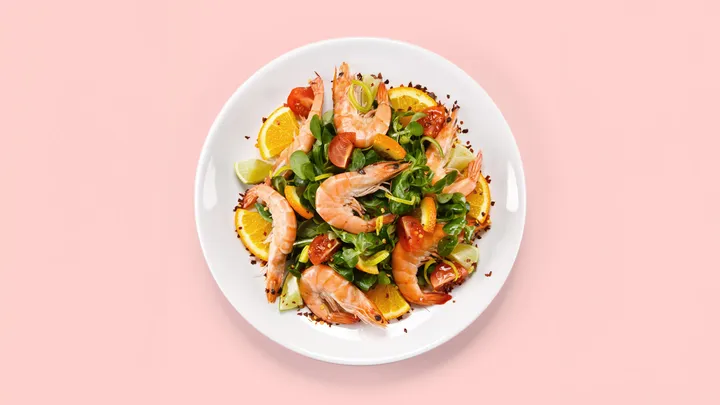
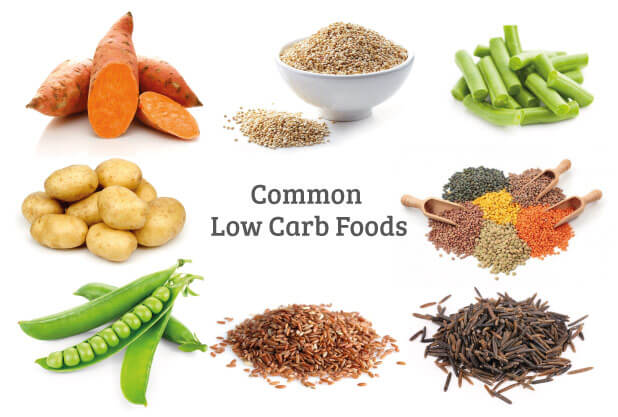
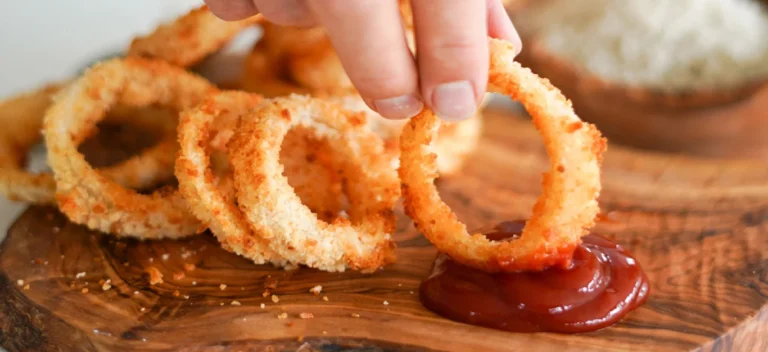
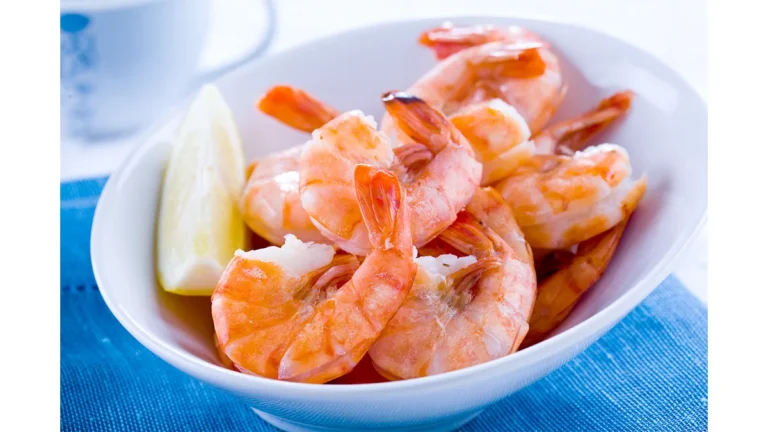
![Low Carb Diet: Complete Guide in 2025 [Latest and Updated]](https://diabeticdietbook.com/wp-content/uploads/2024/02/no-carb-diet-1296x728-feature-768x431.webp)
